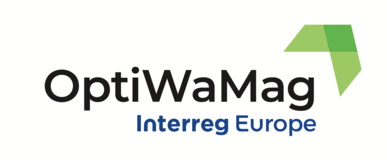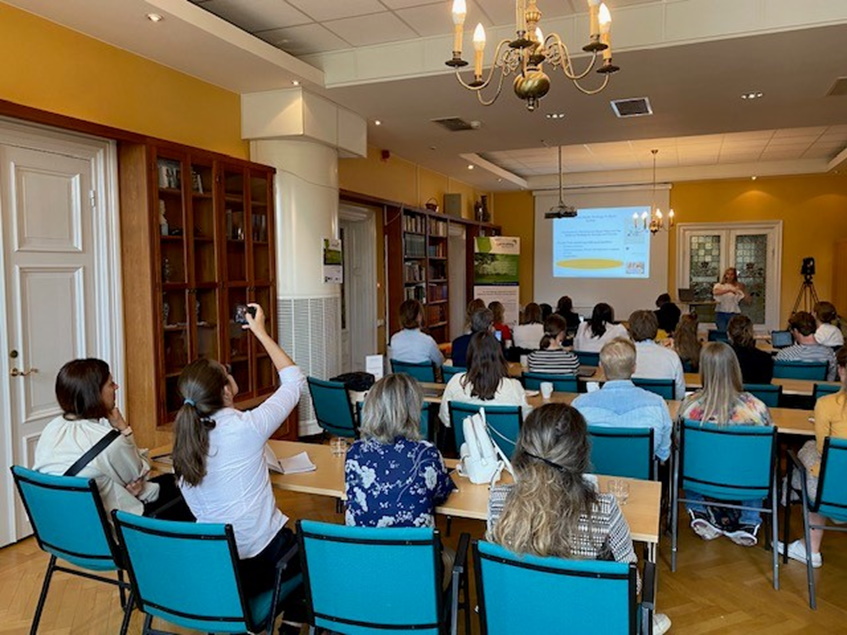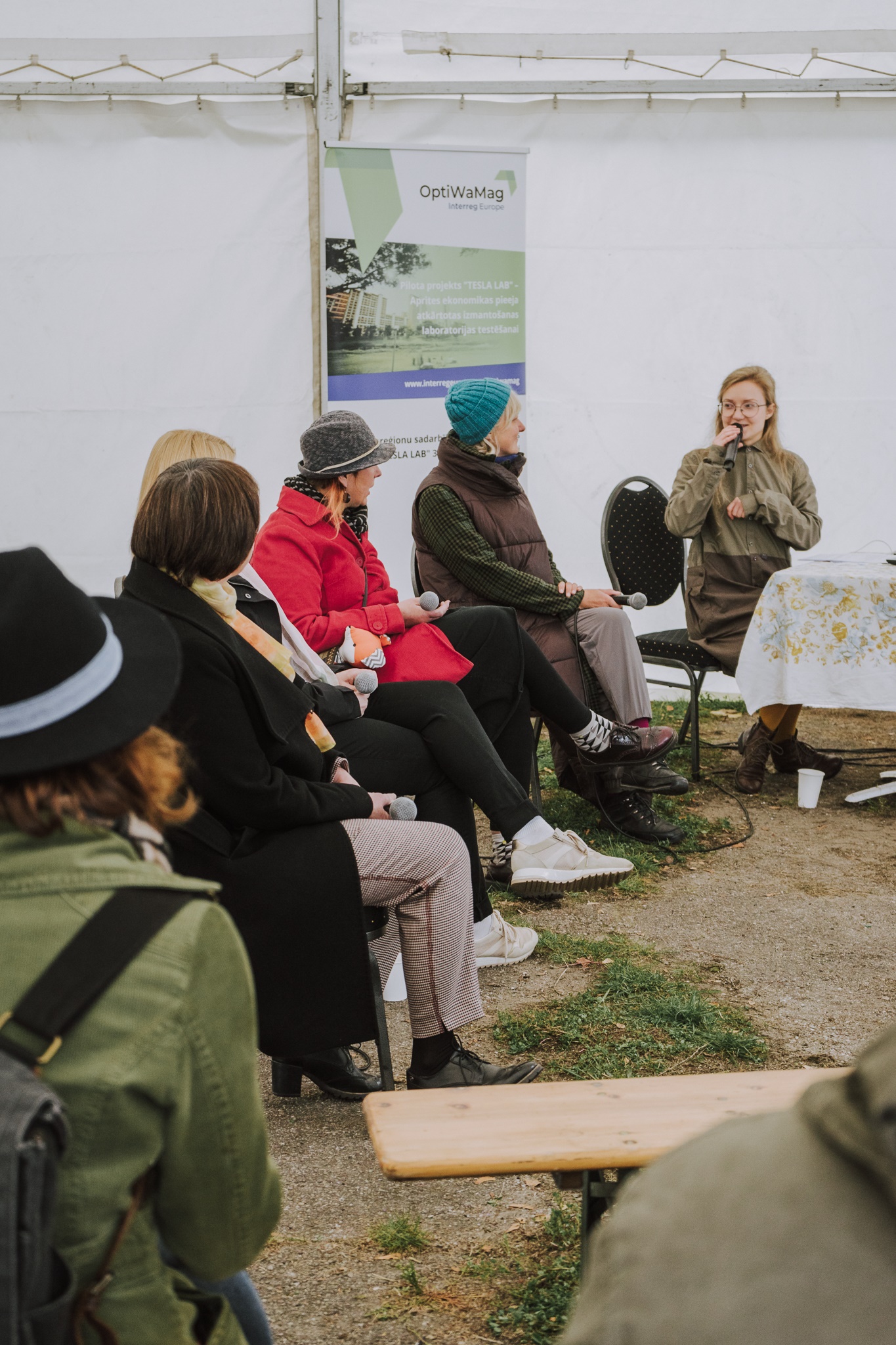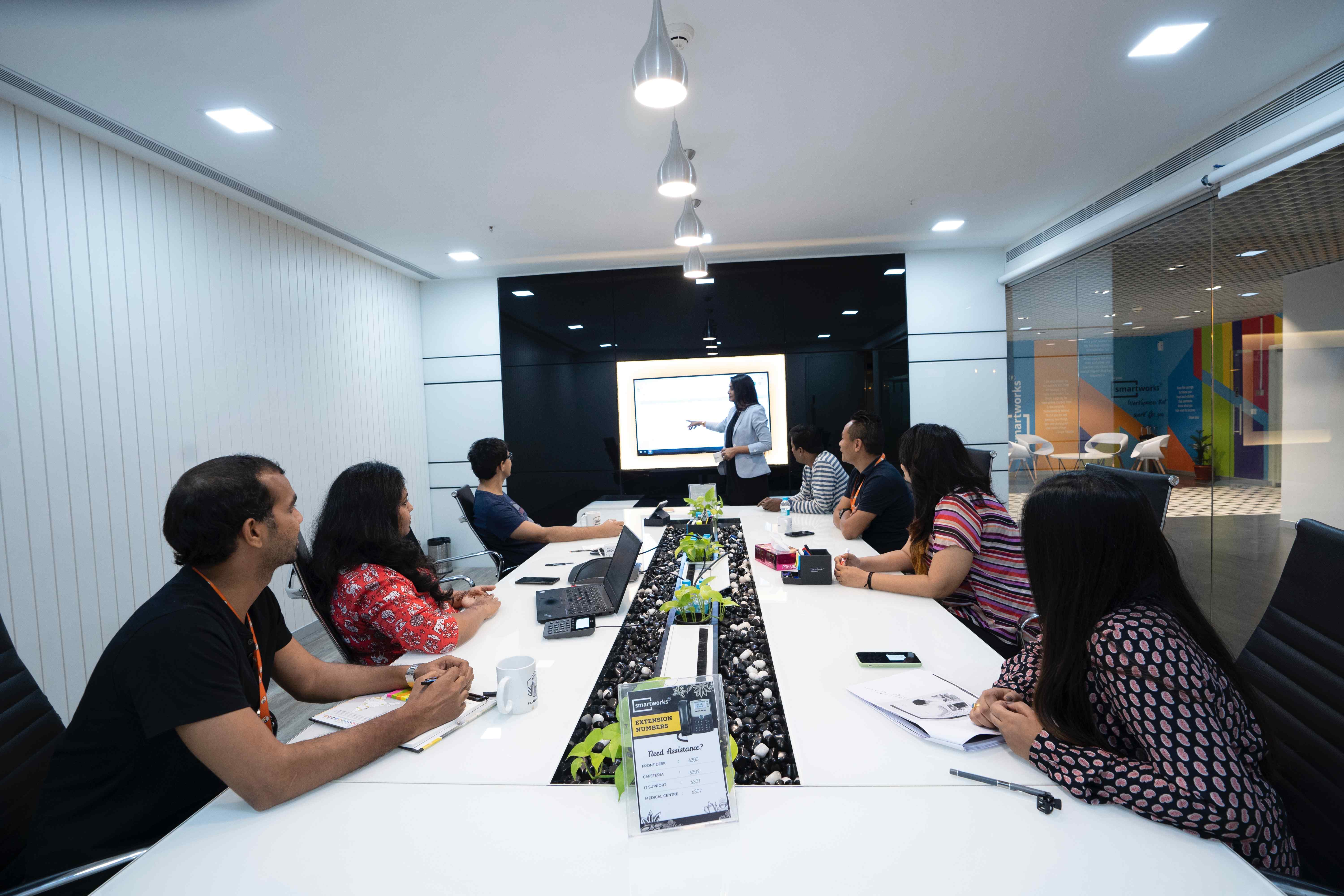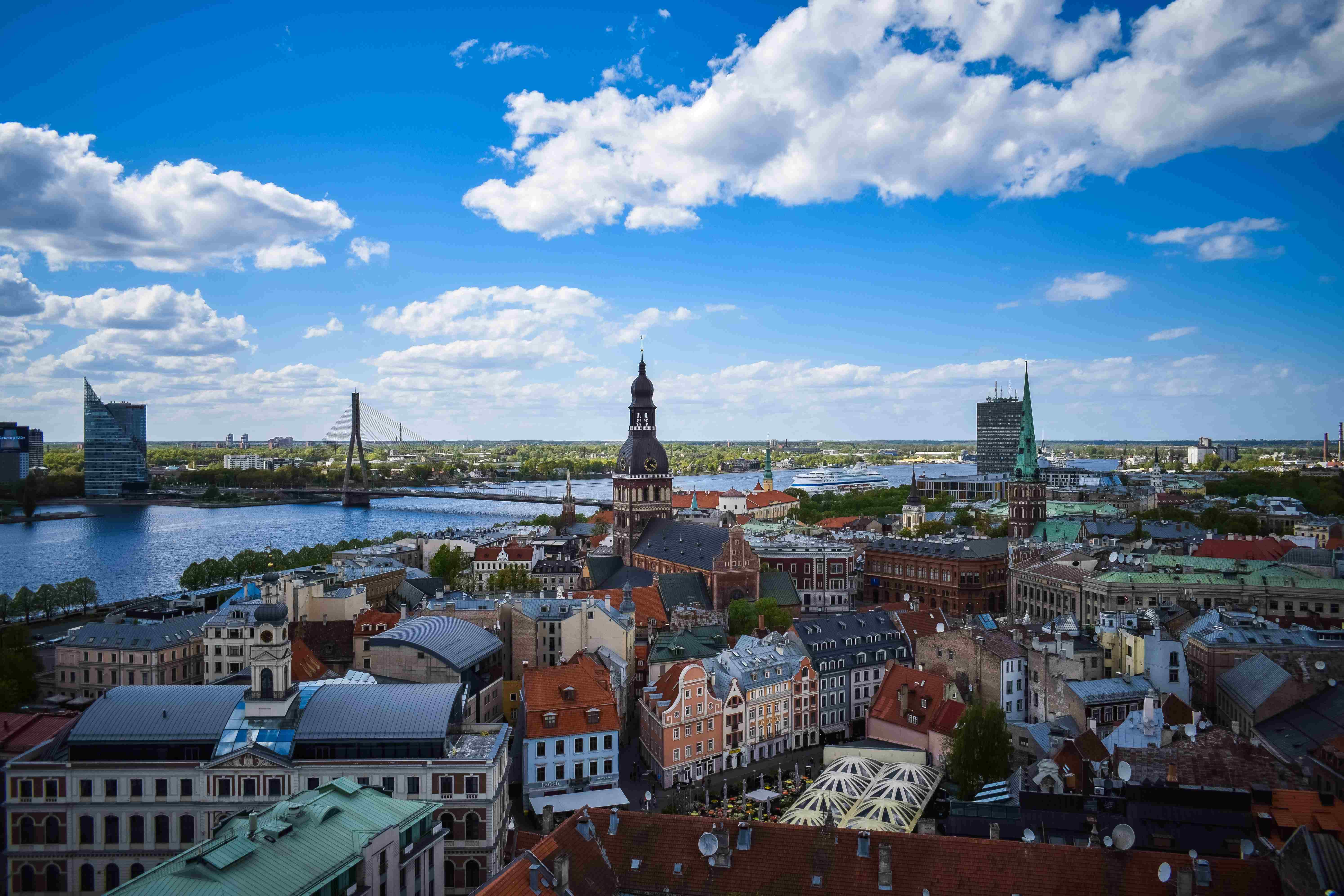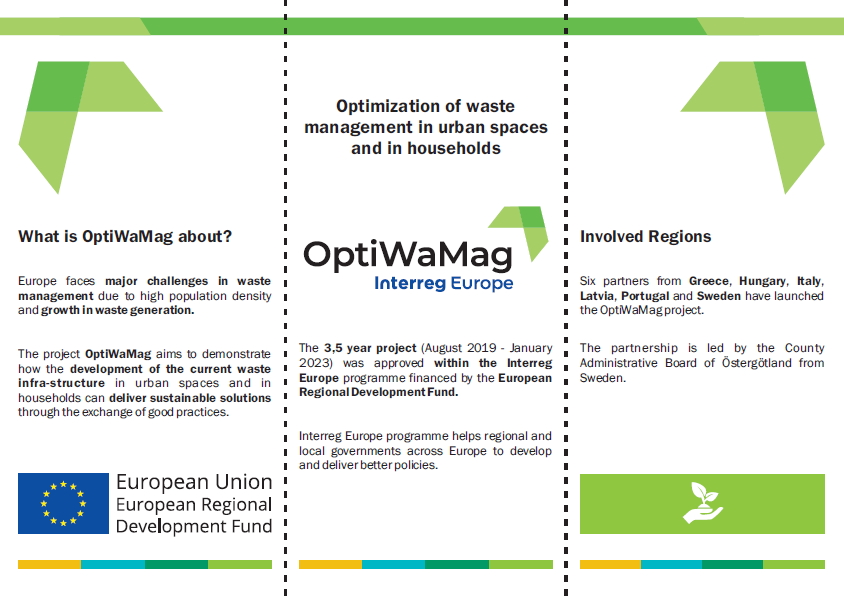1) Please introduce your organization and your region.
The organization was established as a public authority in 2011 (Law N. 3852/2010), after the merger of the area’s four Prefectures (Larissa, Magnesia, Trikala and Karditsa) and among other things is responsible for the design and implementation as a Managing Authority of ERDF Regional Operational Programme 2014-2020 in the area. It consists of the following departments:
• Directorate-General for Development Planning, Environment and Infrastructure
• Directorate-General for Internal Operation
• Directorate-General for Regional Agricultural Economics and Veterinary
• Directorate-General for Development
• Directorate-General for Transport and Communications
• Directorate General for Public Health and Social Welfare
In addition the Region’s priorities are:
- The development planning of Thessaly focuses mainly on rural development, economic growth, and employment, sustainability of tourism and improvement of the region’s infrastructure. In particular its priorities are:
- Sustainable rural development in terms of sustainable environmental solutions
- Development of cultural cooperation and further promotion of sustainable and alternative tourism (i.e. sport, agro, cultural, gastronomic tourism)
- Participation in EU initiatives for the integration of immigrants
- Amelioration of the region’s infrastructure and establishment of a dense transport network
2) What is the main challenge in your region related to waste management that you want to address through the OptiWaMag project?
There are investments so far in terms of infrastructure (waste treatment units etc), nevertheless there is a lack of intervention in waste management and innovation, both in terms of design and implementation. Consequently we believe that more focus should be on this issue, based on one single action for whole region and not individual activities organized at local level that will promote issues like eco-innovation in order to boost green growth, and to maximize its benefits, both in terms of environmental preservation and economic development. Based on the relevant legislation and the “National Action Plan for Waste Management in Greece”, in July 2016 Region of Thessaly published the revised “Regional Action Plan for Waste Management of Thessaly” which contains all actions and means that need to be done in order to achieve the goals of the RoP 2014-2020 on this issue and concerns as a matter of priority the following:
A) Urban Solid Waste , which includes discrete "streams" as follows:
1)Mixed and Biowaste, 2) Packaging Waste, 3) Waste from batteries and accumulators, 4) Waste of Electrical and Electronic Equipment of Household Origin, 5) small amounts of hazardous urban waste
B) Urban sludge from urban waste water treatment plants from Categories A, B and C (huge, green and electric equipment) , hotel units, industrial branches and other sources (eg cleaning of canals).
C)Excavations, construction and demolition waste In addition two main areas of intervention have been identified as high priority: 1. Separate collection of five categories of waste (paper, plastic, metal, glass and bio-waste) 2. Operation of a Regional Waste Management Association of Thessaly, that will replace the existing local associations and will have great authority
3) What is your expectation for the output of the project?
Region of Thessaly aims at improving its ROP 2014-2020 through new projects, importing effective ways derived from interregional cooperation to implement new projects relevant to waste management.
Activities during the project have the aim of elaborating an action plan for integrating specific, more efficient, achievable and measurable actions into the ERDF ROP of Thessaly 2014-2020 to ensure a change of attitude and increased energy behaviour of local governments and citizens.
Some areas to be funded and supported under Investment Priority 6a “Investments in the waste sector in order to meet the requirements of the Union's environmental acquit and address the needs that have been identified by the Member States for investments exceeding those requirements: Biodegradable source separation and treatment systems, Bio-waste processing units for the Northern Sporades islands, with the necessary equipment, Home composting, Installation of green points New mechanical-biological processing units and Information and awareness-raising actions in terms of prevention
Improvement of policy instrument ERDF ROP of Thessaly 2014-2020 is envisaged through improved governance and especially through the development of ecosystems and waste management innovation, terms quite unusual for Greece. Region of Thessaly expects to gain experience from the cooperation on how to improve governance of its policy instrument, develop schemes to create awareness and provide incentives for achieving improved waste management.
